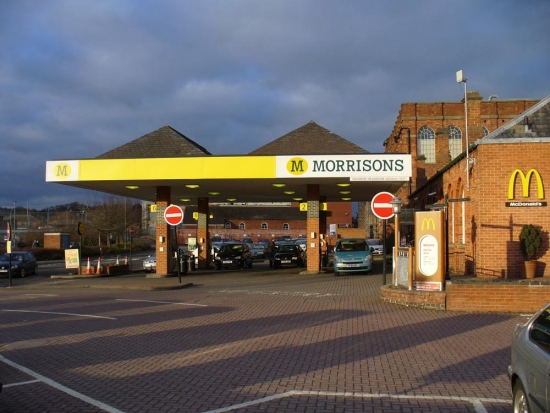During the past several years, businesses and motorists have struggled under the burden of rising fuel costs. This has had an impact on independent petrol retailers, many of whom have been forced to shut up shop after losing the price battle with supermarkets.

With this in mind, it may come as a surprise to both retailers and consumers that the Office of Fair Trading (OFT) believes that “at a national level, competition is working well in the UK road fuel sector.”
Furthermore, the study into competition in the fuel industry also concludes that little action needs to be taken by the OFT to ensure consumers are getting a good deal when filling up their tanks.
In the report, no evidence was found that the oil industry and supermarket forecourts had any advantage over independent filling stations in terms of price and acquisition of stock, despite numerous claims to the contrary by struggling retailers.
Furthermore, it went on to dispel the theory that fuel prices rise quickly when the cost of wholesale goes up, but fail to drop at a similar pace when the market deflates again.
Chief executive of the OFT, Clive Maxwell, recognises that the public has lost faith in the fuel industry but believes that this is down to rising oil and tax costs rather than a manipulation of the market.
He said; “We recognise that there has been widespread mistrust in how this market is operating.
“However, our analysis suggests that the competition is working well, and rises in pump prices over the last decade or so have largely been down to increases in tax and the cost of crude oil.”
Director of the RAC Foundation, Professor Stephen Glaister, agrees with the report and places the blame for rising costs squarely with the Government.
While it is true that the cost of wholesale oil has risen in the past few years, the fluctuations in the market are not fully represented at the pumps – leaving motorists wondering where exactly their hard earned cash is going.
Professor Glaister explains; “About 60 per cent of the pump price is accounted for by fuel duty and VAT and we would now call on retailers to provide a breakdown on till receipts to show exactly what proportion the Exchequer is creaming off.
“Some will find it hard to believe, but the report does make clear that the fuel market is helping keep prices lower and supermarkets have actually helped competition.”
While the report largely praises the fuel industry for its attempts to keep costs down, it found fault with motorway service stations. These rest stops, they claim, essentially have a “captive audience” as there is little or no pricing information displayed on boards leading up to service station slip roads.
As a result, the OFT recommends the introduction of new motorway signs displaying the petrol and diesel costs charged at upcoming service stations.
While many motoring groups and industry watchers have welcomed the report, Quentin Wilson of campaign group FairFuelUK believes that some fundamental questions have gone unanswered.
He says; “Every motorist and business in Britain instinctively knows that ‘something is not right.’
“The Office of Fair Trading appears to have failed to address the key issues of: why diesel is more expensive than unleaded in the UK when this is not the case in Europe; why falls in the oil price take so long to be reflected at the pump; and why there are such variations in price, often from the same branded forecourts, within the same area.”
Do you believe that the OFT is right in its conclusions or should the report have been more hard hitting about the impact on businesses and motorists of rising costs and fuel duty?
Previous Post
New Act Opens the Market for Small US Investors